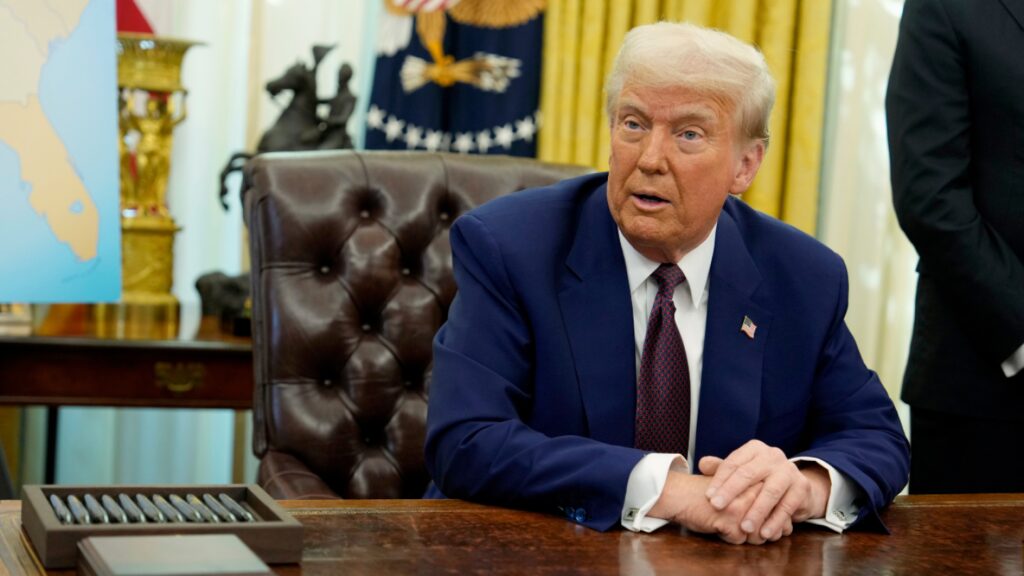President Donald Trump recently signed executive orders to postpone the implementation of 25% tariffs on numerous imports from Mexico and certain imports from Canada. This decision comes amidst growing concerns about the potential economic repercussions of an escalating trade war. By delaying these tariffs, Trump aims to provide a window for negotiations and potentially mitigate the negative impact on trade relations and economies. The move reflects the administration’s strategic approach to trade policy, balancing protectionist measures with the need to avoid exacerbating global trade tensions. With the tariff delay in place, businesses and industries that rely on imports from Mexico and Canada can breathe a temporary sigh of relief, though the broader implications of ongoing trade disputes remain uncertain. This development underscores the complex dynamics of international trade and the significant influence of political decisions on global economic stability. As stakeholders monitor the situation closely, the temporary tariff delay serves as a reminder of the interconnectedness of economies and the importance of diplomatic efforts in managing trade relationships for mutual benefit.
“Breaking News: Trump Delays Tariffs on Mexico and Canada for 1 Month – AP News Update”
March 6, 2025

From Associated Press
This site is supported by our readers, so if you’re able to help, consider becoming a paid supporter. https://www.patreon.com/YUGENEWS
